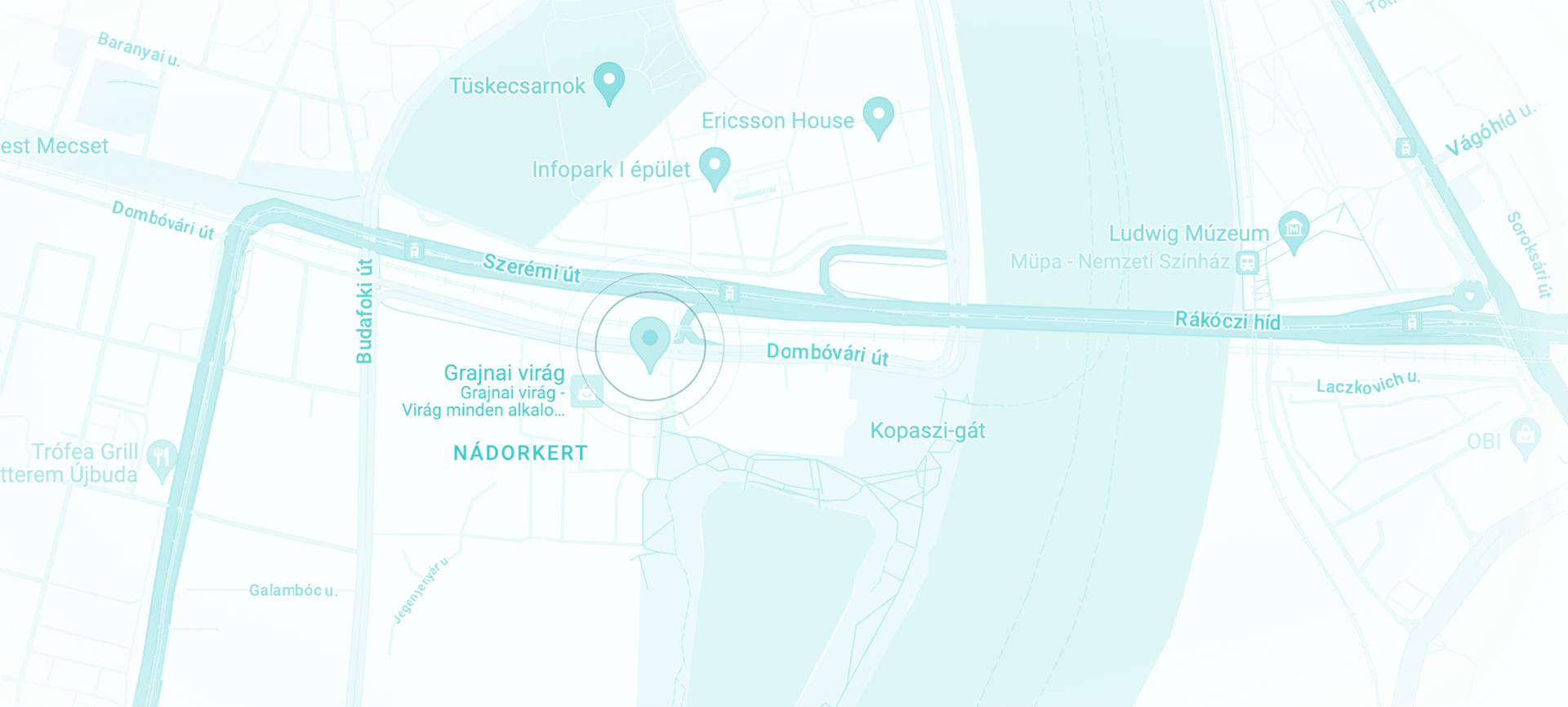
ETIAS and EES: new timeline announced for European border control
The ETIAS and the EES are electronic administrative systems that were meant to provide better European border control by creating a single framework for logging who enters the EU when. Their introduction has again been pushed back, this time to the end of 2024.
The ETIAS and the EES are electronic administrative systems that were meant to provide better European border control by creating a single framework for logging who enters the EU when. Their introduction has again been pushed back, this time to the end of 2024.
Last updated on March 17, 2025.
Please note: the introduction of EES and ETIAS has been pushed back again, this time to late 2025 and 2026, respectively.
What are the EES and the ETIAS?
EES is the Enty/Exit system, intended to log when a traveler enters and leaves the territory of the European Union. It will replace passport stamping at the border, reducing waiting times for entry and exit. At the same time, it will make it easier to see if someone overstayed, even if the country of their entry and exit is different. (Short travel mean staying in the EU for not more than 90 days within a 180-day period.)
ETIAS is the European Travel Information and Authorisation System, which works similarly to the ESTA in the U.S.A. If you would not normally need a visa to enter the EU, you will still be required to register for the ETIAS visa waiver before your travel. Registration costs EUR 7, and the visa waiver will remain valid for 3 years or until the expiry of your passport (whichever happens first). The procedure will take only a few minutes, but in case there is any trouble, it can take up to 30 days. As a result, it will make sense to register well before a planned trip to avoid inconveniences.
- Learn more about the ETIAS visa waiver here.
- Click here for a list of countries that will require the ETIAS visa waiver.
Timeline for introducing the EES and the ETIAS
The new framework for EU border control was originally set to be introduced in 2022. However, there were multiple setbacks, and the launch was first postponed to May 2023, then to November 2023. Now a new timeline has been confirmed by EU officials.
Update 2025: according to the latest information on the official website:
- EES is set to launch
late 2024October 2025. - ETIAS is set to launch
at least 5-6 months after, probably by mid-2025in Q4 2026.
Short and long stays in the EU
Short trips to the EU typically involve spending not more than 90 days in EU countries in a 180-day period. The 90 days are cumulative for the entire European Union. This means that you cannot spend 90 days in Hungary and then another 90 days in Austria: you have a total of 90 days to spend in the EU, regardless of whether you stay in just one country or move around.
If you want to stay more than 90 days in the European Union, you will need a residence permit. A residence permit issued by any EU member state grants you visa-free entry to every other member state too. However, to apply for residency, you will need a valid reason to do so, such as working, studying, or starting a business – although many countries also offer residency for “other purposes”.
Hungarian residency with the Helpers Team
If you wish to stay more than 90 days in the European Union and build your life and business here, Hungary is an excellent gateway to the EU. Residency application is relatively fast as well as straightforward, you just need to decide which official residency application purpose fits best your plans.
The Helpers Team has been working on making life easier for everyone living, working, and doing business in Hungary since 2005. While our main focus is company formation in Hungary, complete with virtual office, accounting, and residence permits for the CEO, the employees, and the family members, we do our best to provide information and find solutions for everyone who intends to build a life in Hungary and the EU.
Can we help you? Fill in the form below to get in touch.
Was this article useful? Follow us on Facebook and never miss an update.
Contact
Contact us today
Monday - Friday
9am - 5pm CET
Helpers Hungary Kft
Budapart Gate
Dombóvári út 27
Budapest 1117, Hungary
If you’re visiting us, please use entrance A and come to the 2nd floor.






